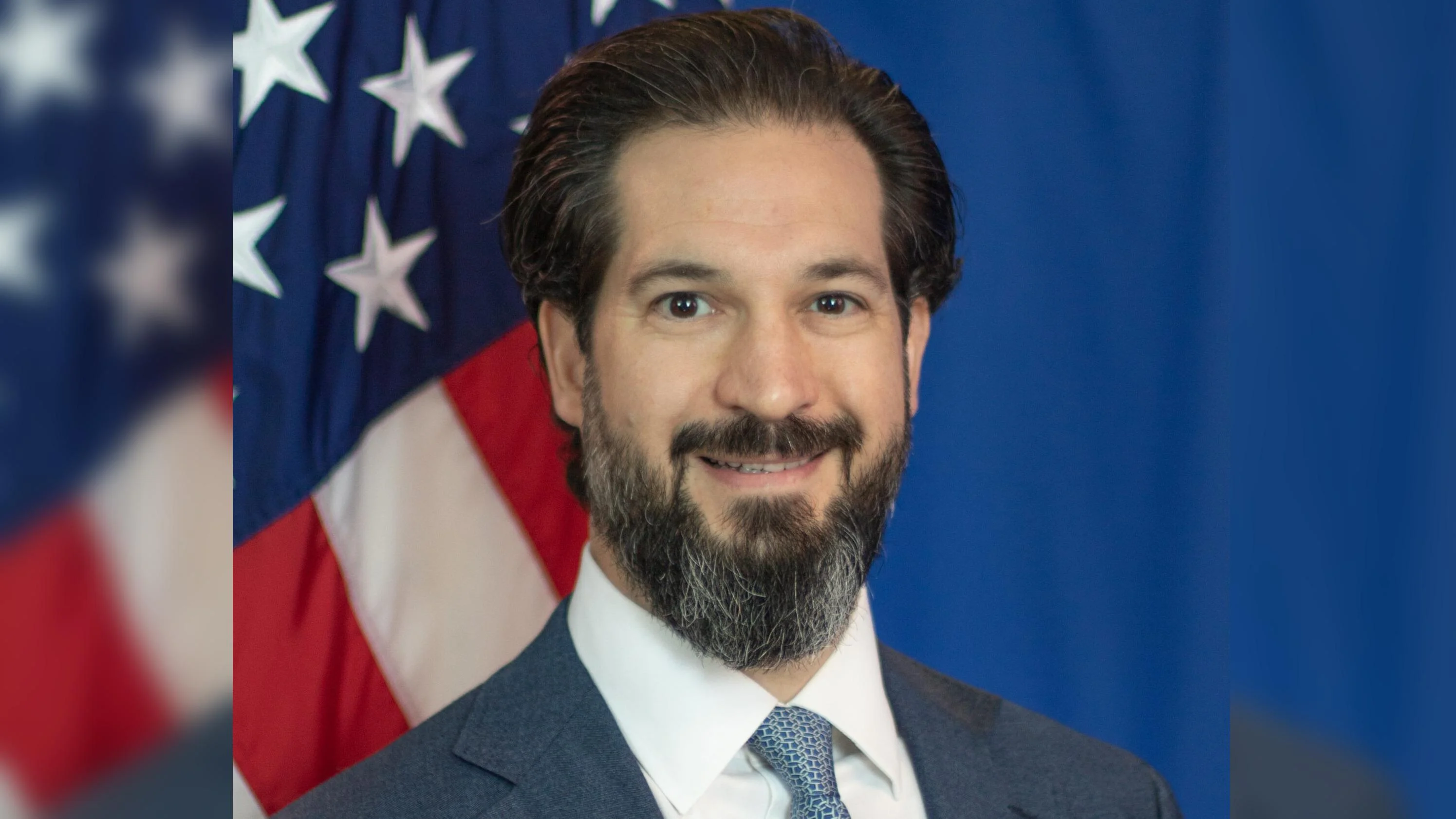The U.S. Department of the Treasury's Office of Foreign Assets Control (OFAC) has imposed sanctions on the International Bank of Yemen Y.S.C (IBY) for its financial support to the Houthi group, Ansarallah. This decision includes sanctioning IBY's key leaders Kamal Hussain Al Jebry, Ahmed Thabit Noman Al-Absi, and Abdulkader Ali Bazara. This action is part of efforts to prevent Houthi attacks against commercial shipping in the Red Sea, which are backed by Iran.
Deputy Secretary of the Treasury Michael Faulkender explained, "Financial institutions like IBY are critical to the Houthis’ efforts to access the international financial system and threaten both the region and international commerce." The Treasury is committed to collaborating with Yemen's internationally recognized government to undermine Houthi funding capabilities.
This recent OFAC action builds upon the January 17, 2025, sanctions against the Yemen Kuwait Bank for Trade and Investment Y.S.C, aiming to restrict the Houthis' use of Yemen's banking sector. The initiative supports the sovereignty of Yemen's internationally recognized government over the national banking system.
The sanctions are enforced under the counterterrorism authority, Executive Order (E.O.) 13224. The U.S. Department of State also classified Ansarallah as a Specially Designated Global Terrorist in 2024 and reaffirmed this designation as a Foreign Terrorist Organization earlier in 2025.
Since capturing much of Northern Yemen, the Houthis have used financial institutions to fund activities that have resulted in civilian casualties and disruptions to international shipping. In response, the Central Bank of Yemen based in Aden has worked to relocate banks from Houthi-governed regions to Aden, although IBY has resisted relocating its headquarters.
IBY, operating from Sana'a, Yemen, provides the Houthis with access to international financial transactions through the SWIFT network. The bank has been involved in attempts to bypass sanctions, facilitating resource mobilization for the Houthis, including enabling oil purchases and asset confiscation from opposition entities. IBY has avoided cooperation with information requests from the Central Bank of Yemen in Aden.
The individuals named for sanctions hold critical leadership positions within IBY, with Kamal Hussain Al Jebry serving as Chairman, Ahmed Thabit Noman Al-Absi as Executive General Manager, and Abdulkader Ali Bazara as Deputy General Manager.
As a result, assets of the sanctioned individuals within the U.S. or controlled by U.S. persons are blocked. Any entities owned 50 percent or more by the sanctioned individuals are also blocked. U.S. persons are generally prohibited from transactions involving the property or interests of these designated individuals unless exempt or authorized by OFAC.
Sanctions violations may lead to both civil and criminal penalties for U.S. and foreign persons. Financial institutions and persons engaging with designated entities risk sanction exposure, including secondary sanctions under E.O. 13224. OFAC reserves the right to enforce stringent conditions on foreign institutions conducting transactions for Specially Designated Global Terrorists in the U.S.
OFAC stresses that sanctions aim to effect behavioral change rather than punishment. Information about removal from the SDN List, along with FAQs, can be found on OFAC's website.

